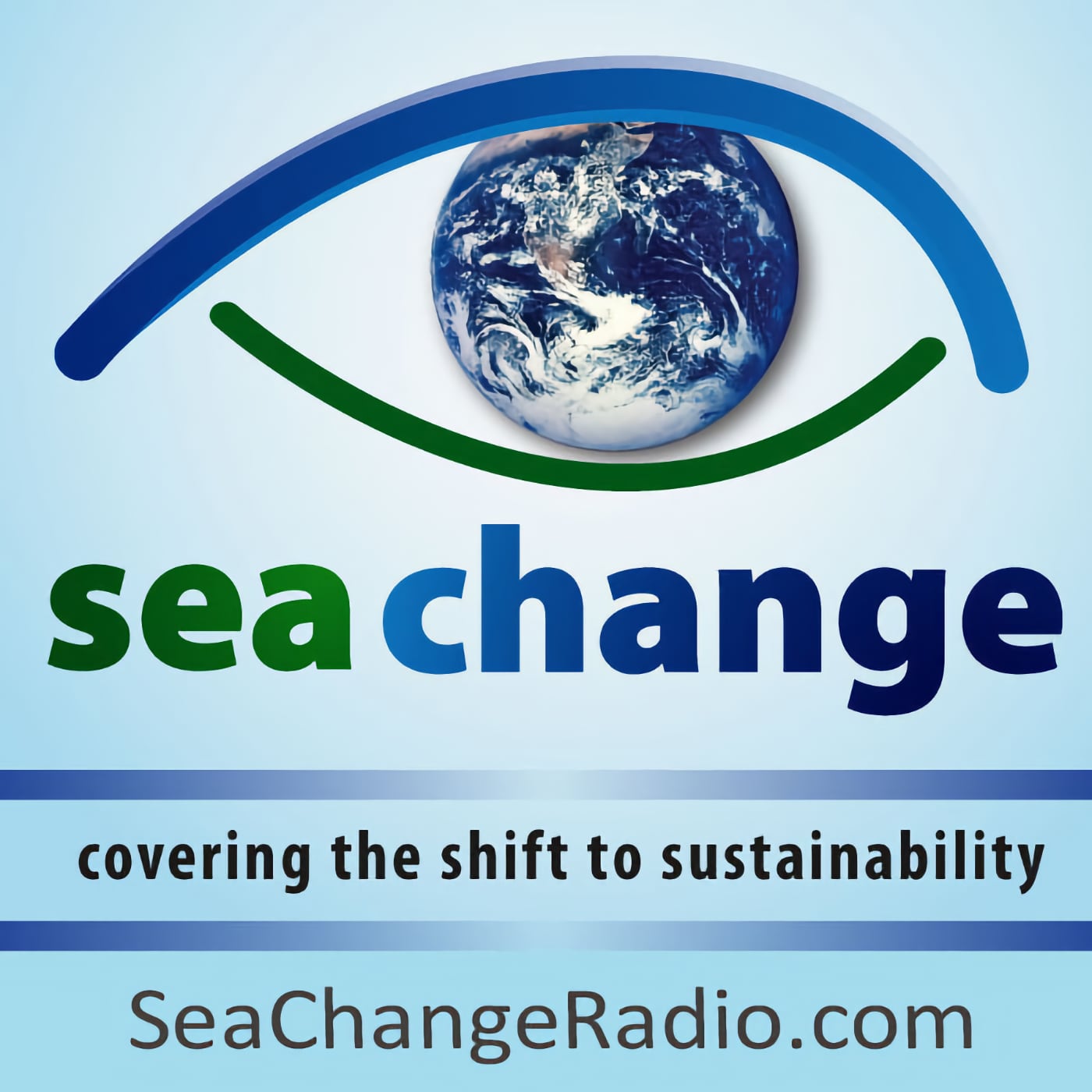- After-Shows
- Alternative
- Animals
- Animation
- Arts
- Astronomy
- Automotive
- Aviation
- Baseball
- Basketball
- Beauty
- Books
- Buddhism
- Business
- Careers
- Chemistry
- Christianity
- Climate
- Comedy
- Commentary
- Courses
- Crafts
- Cricket
- Cryptocurrency
- Culture
- Daily
- Design
- Documentary
- Drama
- Earth
- Education
- Entertainment
- Entrepreneurship
- Family
- Fantasy
- Fashion
- Fiction
- Film
- Fitness
- Food
- Football
- Games
- Garden
- Golf
- Government
- Health
- Hinduism
- History
- Hobbies
- Hockey
- Home
- How-To
- Improv
- Interviews
- Investing
- Islam
- Journals
- Judaism
- Kids
- Language
- Learning
- Leisure
- Life
- Management
- Manga
- Marketing
- Mathematics
- Medicine
- Mental
- Music
- Natural
- Nature
- News
- Non-Profit
- Nutrition
- Parenting
- Performing
- Personal
- Pets
- Philosophy
- Physics
- Places
- Politics
- Relationships
- Religion
- Reviews
- Role-Playing
- Rugby
- Running
- Science
- Self-Improvement
- Sexuality
- Soccer
- Social
- Society
- Spirituality
- Sports
- Stand-Up
- Stories
- Swimming
- TV
- Tabletop
- Technology
- Tennis
- Travel
- True Crime
- Episode-Games
- Visual
- Volleyball
- Weather
- Wilderness
- Wrestling
- Other
An Upfront Talk About Carbon With Lloyd Alter
For some time now, ecologists and environmentalists have been promoting life-cycle analyses – calculations of the environmental impact of a product, from the sourcing of materials all the way through to its disposal. While this is still a valid expenditure of effort, our guest today on Sea Change Radio argues that we may need to re-focus more narrowly on the carbon generated at the front-end of an article’s life: its production, transportation, delivery, and installation. He asserts that these “upfront carbon” emissions are the more urgent and immediate concerns, and we simply don’t have time to focus on the rest of the product’s life. This week we welcome back to the show author, environmental journalist, and design expert Lloyd Alter, to discuss his upcoming book, The Story of Upfront Carbon. We learn about the birth of the term, discuss why it’s a useful lens for making consumer decisions, and go down a carbon emissions rabbit hole on products like iPhones, electric vehicles, and e-bikes.

